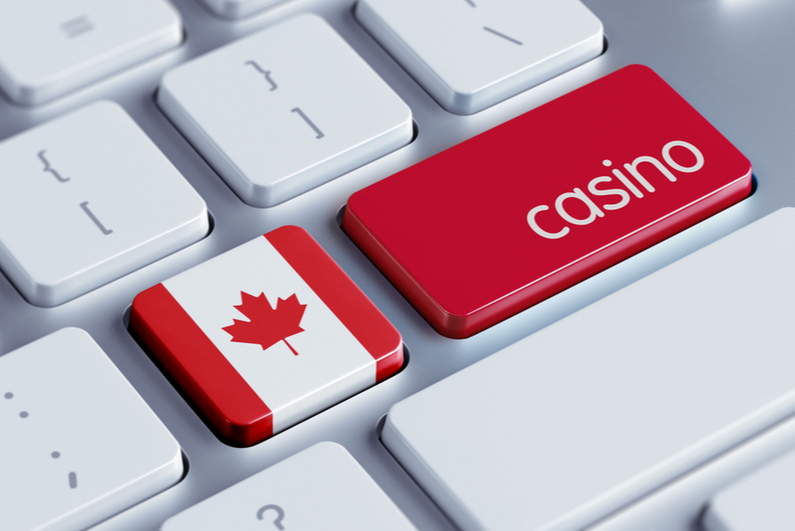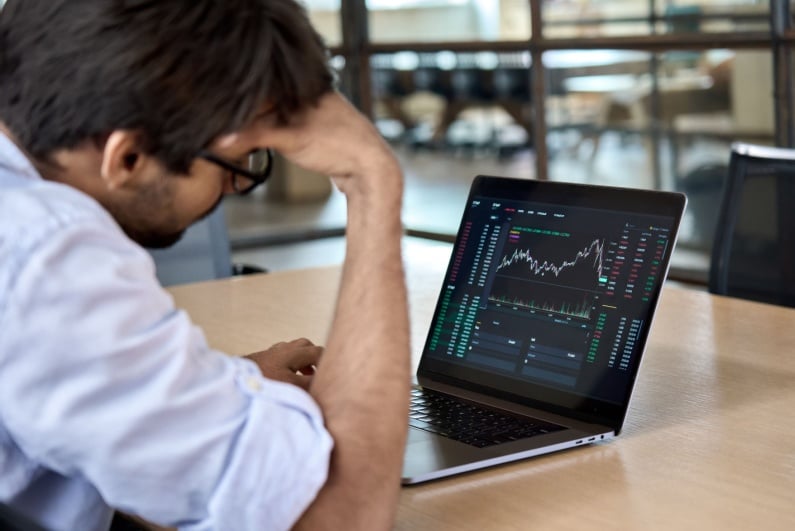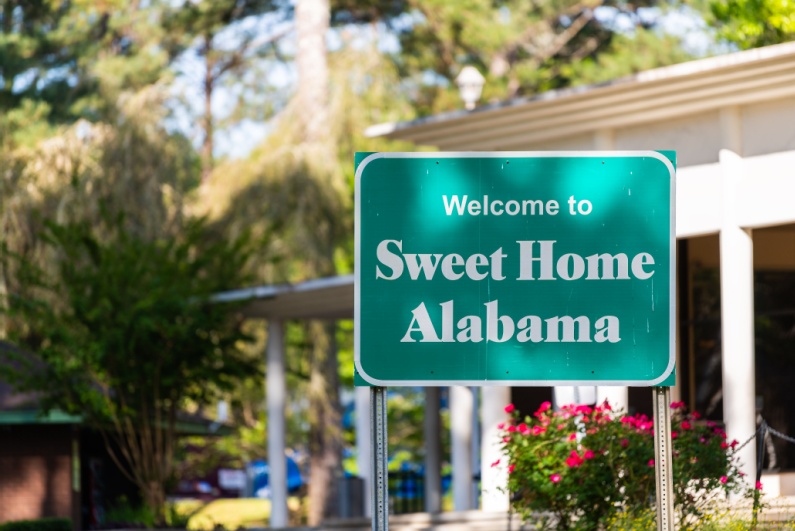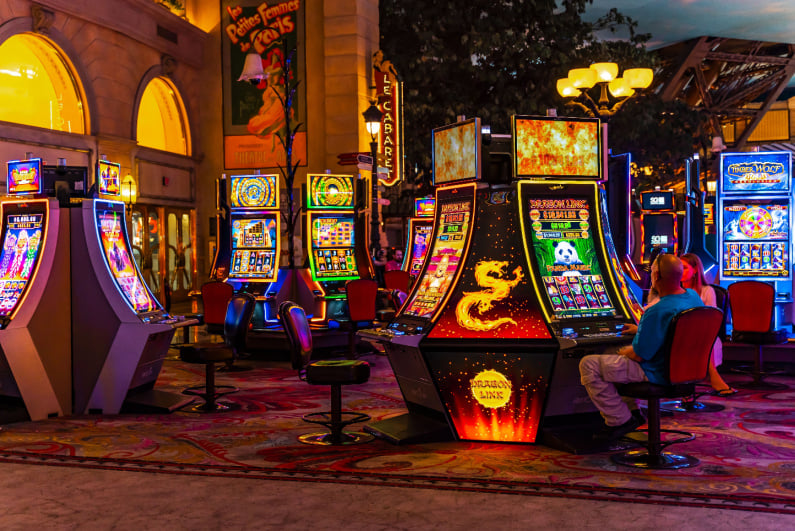COVID-19 alert levels rise
A number of land-based casino properties in Canada have closed their doors in an effort to limit the spread of COVID-19 in the country. Both the Great Canadian Gaming Corporation and Loto Québec have announced the suspension of gaming activities at some of their land-based venues.
On October 9, the governments of Ontario and New Brunswick decreed that casinos, bingo halls, and other gaming properties must shut because of the increase in virus cases. As a result, the Great Canadian Gaming Corporation has been forced to shut down operations at Casino Woodbine and Casino New Brunswick.
had already temporarily suspended its operations at a number of other brick-and-mortar venues
Meanwhile, Loto Québec has announced the suspension of land-based gaming activities in Charlevoix, Montérégie, and Center-du-Québec. From October 11, the operator had already temporarily suspended its operations at a number of other brick-and-mortar venues, including the Casino du Lac-Leamy and the Charlevoix. The Canadian lottery company will introduce further suspensions starting October 16.
Further details of suspensions
Although the Great Canadian Gaming Corporation has been forced to close two properties thus far, the operator assured that the rest of its land-based activities in Ontario are unaffected by the government mandate.
In a statement on its website, the casino operator commented on the closures: “Great Canadian will continue to support the efforts of provincial governments, public health authorities and Crown partners in preventing the spread of COVID-19. Details regarding the reopening of Casino Woodbine and Casino New Brunswick will be announced at a later date.”
On October 16, Loto Québec will introduce a string of new measures “in accordance with its commitment to respect the measures dictated by the government.” These will see the closure of Casino de Charlevoix, the suspension of Kinzo games in all regions, and the closure of video lottery machines in the Montérégie, Center-du-Québec, and Capitale-Nationale regions. Loto Québec will continue with lottery sales across its retail network, VLTs will remain operational in all regions, and the Casino de Mont-Tremblant will remain open.
Previous casino closures
In mid-March, casinos across Canada were ordered to close in a bid to control the “first wave” of coronavirus. Although casinos began to reopen again in July, the lockdown period caused considerable damage to the revenue streams of the nation’s operators.
In the first quarter of 2020, Great Canadian Gaming Corporation CEO Rod Baker attributed a 10% year-on-year decline in revenue to casino closures. Despite this, Baker told investors the company had taken “measures to significantly reduce its operating expenses” to mitigate any losses.
Loto-Québec announced it would temporarily lay off 2,250 of its employees
As a result of its own closures, Loto-Québec announced it would temporarily lay off 2,250 of its employees in July. The operator also introduced a salary freeze on managers for the 2020-21 fiscal year without bonuses, in addition to the removal of contract workers and a temporary reduction of the work week.
Canada’s “second wave”
Canadian citizens have been urged by public health officials to remain at home as much as possible amid the “second wave” of COVID-19 in the country. Since the pandemic began, Canada has had 189,000 confirmed cases, with almost half of them in Québec.
Ontario reported more than 1,550 new COVID-19 cases in just two days
Recently, Ontario has been the “hot zone” for COVID-19 in Canada, registering the highest number of new infections per day. On Monday, Ontario reported more than 1,550 new COVID-19 cases in just two days, increasing the seven-day average of new daily cases to 761.
Commenting on the need for tighter restrictions for businesses in the region, Douglas Ford, premier of Ontario, said: “The health experts presented the most recent health data which identified some alarming public health trends that require immediate attention and early action to keep people safe. That’s why we are making the difficult, but necessary decision to accept the health advice.”



